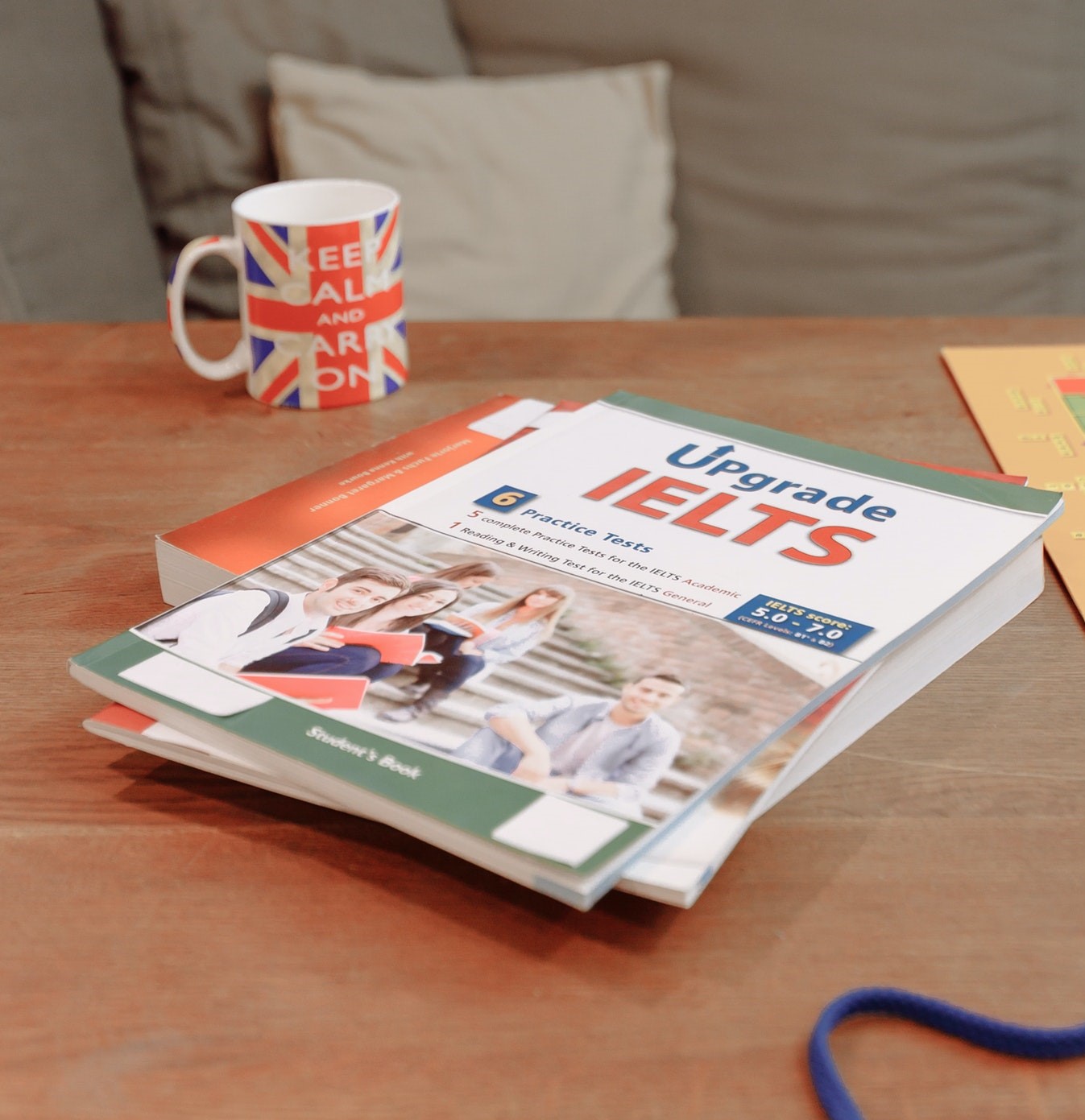How to Speak in Part 3
Get the IELTS score you need
Table of Contents
How to speak in the IELTS speaking exam part 3
In the IELTS exam part 3 the examiner will ask additional questions related to the topics covered in part 2.
This section of the test is intended to allow you to discuss more abstract issues and ideas. It is a two-way conversation with the examiner that will last about 4-5 minutes
The examiner will sometimes try to push you to your English limits in part 3. The point at which you are unable to respond informs the examiner about the upper limit of your speaking ability. Don’t consider yourself to have “failed the test” if you can’t answer a question at all or poorly. By doing this the examiner can decide for example if you are a 6.5 or a 7.
The majority of the questions in Part 3 of the speaking exam will be about people or life in your country in general. Sometimes a question about you is asked, especially at the start of one of the two Part 3 topics. This is in contrast to Part 1, where the majority, of the questions are about you, and only sometimes with a question or two at the end of the topic about people or life in general in your country. So, lets look more at how to speak in part 3.
General questions and how to speak in part 3
As I previously stated, the majority of the questions in Part 3 are general questions about people or life in your country, so let’s look at some ways to answer these types of questions, and how to speak in part 3 as well as how to expand our answers, just like in a real discussion.
The use of comparative language is something I always work on with students to help them do this.
When speaking about people or life in your country generally, there are a number of comparative groups to think of.
- Male – female
- Young – old
- Past – present
- Rural – urban
Do people in your country enjoy trying different foreign foods?
“Generally speaking, a lot of people do enjoy trying different kinds of foreign foods, especially younger people, however many older people rather stick to eating traditional local food, and rarely try foreign food.”
“I think that people today are much more interested and willing to try different foreign cuisine than in the past, and there are more and more foreign restaurants than in the past.”
“Living in a big city i am spoiled with the great choice of food from all over the world, however in smaller cities, and towns, there is actually very little choice.”
By speaking generally we are also making it easier to develop our answer, as well as expanding it, which of course is a must in part 3.
We can expand our answer further by again explaining our different points.
Generally speaking, a lot of young people enjoy trying different kinds of foreign food, as i guess they want to try new things, and experience different cultures. However, many older people do not enjoy food from other countries, as they may be less open-minded and prefer to stick to the food they know.

Problems and solutions &How to Speak in Part 3
Not always, but in part 3 there is often a good opportunity to develop your answers by discussing a problem related to the topic in question. Its also very possible that the examiner will ask you a question about problems and solutions related to the topic.
Do people in your country enjoy trying other countries food?
“In general, many people, particularly younger people, enjoy trying food from all over the world. However, I believe there is a drawback in that some of this food is not so healthy and could be classified as junk food. This has resulted in an increase in obesity in my country, which I believe requires action. I think that we really need to find a way to educate people on this, especially young children.”
Here you can see that we have found another way to expand our answer as in a real discussion, plus it has also made our answer more interesting.
When discussing a problem, or answering a question on a problem, your answer should take the form of problem – cause – solution.
“Yes, there is a problem with air pollution in my city, which is caused mostly by the heavy traffic and congestion. I think we really need to take more action, and perhaps the government could improve the public transportation system, as well as encouraging people to leave their cars at home.”
Sometimes it might be difficult to think of a solution, but we can always come up with some ideas, using words such as, maybe we could, perhaps we should etc.
Difficult questions (How to speak in part 3)
There is always the possibility of a part 3 question, that nobody actually knows the answer to. For example,
“Are children born smart, or do they learn to be smart?”
With a question like this, the examiner is testing if you can use the necessary language for a university classroom, where you should be able to express your ideas and thoughts. This is a question that also requires the use of speculative language.
“Wow, I never thought about that before,……I really don’t know…. are all children born smart? Let me think about that for a moment….. Yes, I think, perhaps they are born smart in general, but, I guess that there might be some exceptions, where children do actually learn to become smart.”
By answering the question in this way, I’m giving myself a few moments to get my thoughts together, and at least give some kind of answer to the examiner, rather than just saying “I don’t know.”
The language of speculation is also need when answering questions about the future. None of us can tell the future, but we can guess what might happen.
- I don’t know, but maybe/perhaps..
- I imagine..
- I predict..
- Its possible that..
- It might..
- It could..
- I’d be surprised if..
Coherence in part 3 of the IELTS speaking exam
In comparison to part 1, we must provide much more information and detail in our answers in part 3 of the speaking exam. You should now be looking to expand on our responses, which should usually contain a number of points or ideas. When you do this, make sure to connect your various ideas in a clear and coherent manner so that the examiner can follow and comprehend your meaning.
Let’s look at an example.
“Would you like to be famous?”
“Yes, I believe I would like to be famous because I believe I would enjoy the lifestyle and wealth that comes with it. On the other hand, I don’t think I’d appreciate the constant public scrutiny, which could result in a lot of stress and a lack of privacy. “
The phrase “on the other hand” is used here to connect our ideas and show the examiner that our second sentence has a very different idea than the first and links these two different ideas together.
These different linking words and phrases are very important in the speaking exam, and you need to show the examiner that you have at least a good understanding and use of them to score a 6 or above.
In part 3 you will always need to link different ideas together, with words and phrases like,
- on the other hand
- another thing is
- on top of that
- furthermore
- in addition.
“I’d rather live in a big city because I think it’s more convenient for a variety of reasons, and it’s also easier to find a good job. A small town, on the other hand, would be much more peaceful and relaxed to live in, and furthermore I believe there would be less work pressure.”
“Yes, my country is currently experiencing some environmental issues. Air pollution is becoming more of a problem, and it has become very serious in recent years. Furthermore, there is a growing concern about water pollution, which I believe we must address in the future.
Coherence (2)
If you have a difficult idea to explain in part 3,very often the best way to do so is to use an example rather than struggling to explain it, which may result in a drop in your coherence and fluency score.
“Yes, I really believe we need to drastically change the modes of transportation in big cities today. For example, I live only 5 kilometres from my place of work, but it takes me over an hour to get to work every morning because of the traffic problems.“
“Are children born smart, or do they learn to become smart?
Let me think about that…I guess most children are born smart. Mind you, I think maybe some children actually do and can learn to become smart. For example, I had a classmate in primary school who was not very smart in class and had difficulties keeping up with the rest of the class. However, he worked extremely hard throughout his school life, and now has a successful business of his own.“
Understanding and practicing how to speak in the IELTS speaking exam part 3 is vital, and these are just some ideas for you to think about.
Make sure to have a look at the use of linking words in part 3 on my blog. The proper and extensive use of linking words is one of the most important things you need to do and the show the examiner you can do in part 3 of the IELTS speaking exam.
More links for part 3 success



















